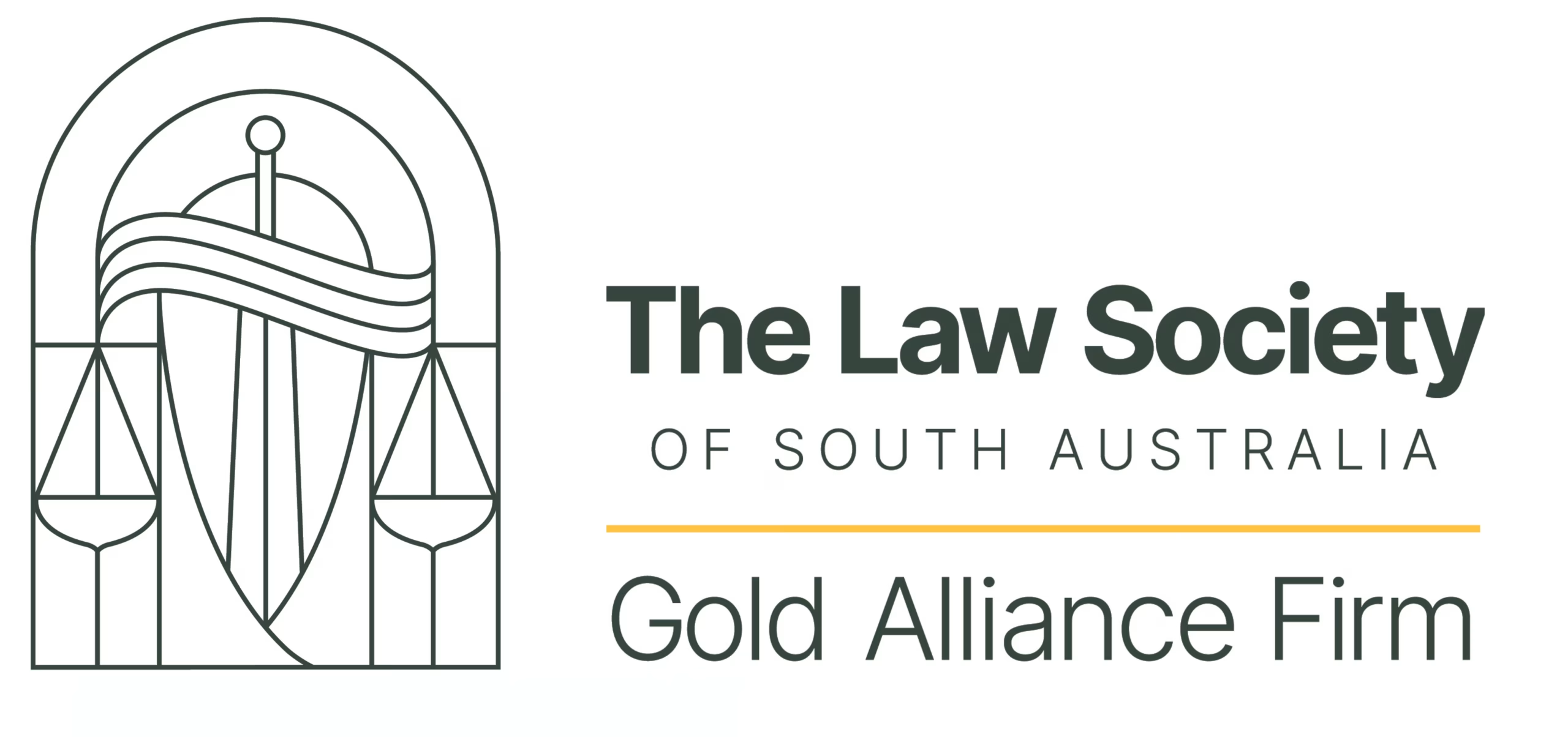Estate Planning – Enduring Power Of Attorney
An Enduring Power of Attorney is a legal document used to appoint one or more people to manage your financial matters, which include dealing with your money and bank accounts, paying your bills or buying/selling real estate on your behalf. You can choose whether an Enduring Power of Attorney becomes effective immediately or, if it only becomes effective if you suffer a legal (mental) incapacity through illness or injury. Any person you appoint as your “Attorney” must be someone you trust to act in your best interests. If you lose legal (mental) capacity but do not have an Enduring Power of Attorney, your family (or the Public Advocate) would need Administration Orders from the South Australian Civil and Administrative Tribunal (SACAT) to permit them to manage your finances.
Read moreEstate Planning – Wills
You can make a Will if you are at least 18 years old and you have legal (mental) capacity.Making a Will allows you to set out your directions for the distribution of your estate when you die and appoint at least one person to be your executor. You may also specify your funeral wishes in your Will and specify if you wish to be buried or cremated. You can record your wishes for the guardian of your minor children and the person who will care for your pets.Without a valid Will, the distribution of your estate is construed by the law of intestacy, as set out in the Succession Act 2023 (section 109). This method of distribution can result in your estate being inherited by someone quite unintended – perhaps someone from which you have been estranged for many years and someone you would never have chosen.If you have never had a Will and feel overwhelmed about the process – Contact FJS Lawyers! When leaving our office, clients usually say “That was so much easier than we expected!”At FJS Lawyers we offer a same-day service for Simple Will preparation and we can store your Will and place it on the Law Society Will Register for your peace of mind.For further information – see the Legal Services Commission of South Australia Law Handbook Online in the Wills section.
Read moreEstate Planning – Advance Care Directive
An Advance Care Directive is a document which records your binding refusal of health care, along with your wishes and preferences in relation to: Future health care Preferred living arrangements Life-sustaining treatment End of life care Personal decisions You can appoint one or more substitute decision-makers to make these decisions on your behalf if you have become incapacitated. If you do not wish to appoint a substitute decision maker, you can simply create your Advance Care Directive to document your decisions. An Advance Care Directive is only valid while you are living. At FJS Lawyers, we will help you document your healthcare preferences and ensure that your binding refusal of health care is legally recognised. Contact us now. Planning an Advance Care Directive You can also appoint one or more adults to make decisions for you. These are known as “substitute decision makers”. However, you can choose to document your wishes without appointing a substitute decision maker. You can make an Advance Care Directive only while you have LEGAL CAPACITY, i.e. while you are “competent”. To be “competent” you must understand: what an Advance Care Directive is; and the consequences of giving an Advance Care Directive. If there is a question about your competence, you may need an opinion from your doctor. If you do not have an Advance Care Directive and you become unable to make decisions at a later stage in your life. Your loved ones may need to seek an order from the South Australian Civil and Administrative Tribunal (SACAT). An Advance Care Directive is effective as soon as it is witnessed. BUT can only be used by a health practitioner or substitute decision maker if at the relevant time, you have “impaired decision making capacity” (i.e. you are not competent to make decisions). An Advance Care Directive provision which states a refusal of particular health care (whether express or implied) is a binding provision. All other provisions of an Advance Care Directive are non-binding provisions. An Advance Care Directive DOES NOT cover financial matters – (you will need an “Enduring Power of Attorney” for financial matters) Leave us a message to have one of our experienced attorneys walk you through the process of filling out the advance care directive and nominating a substitute decision maker. Giving you the peace of mind that your wishes are taken care of in event that you can’t speak for yourself.
Read more




